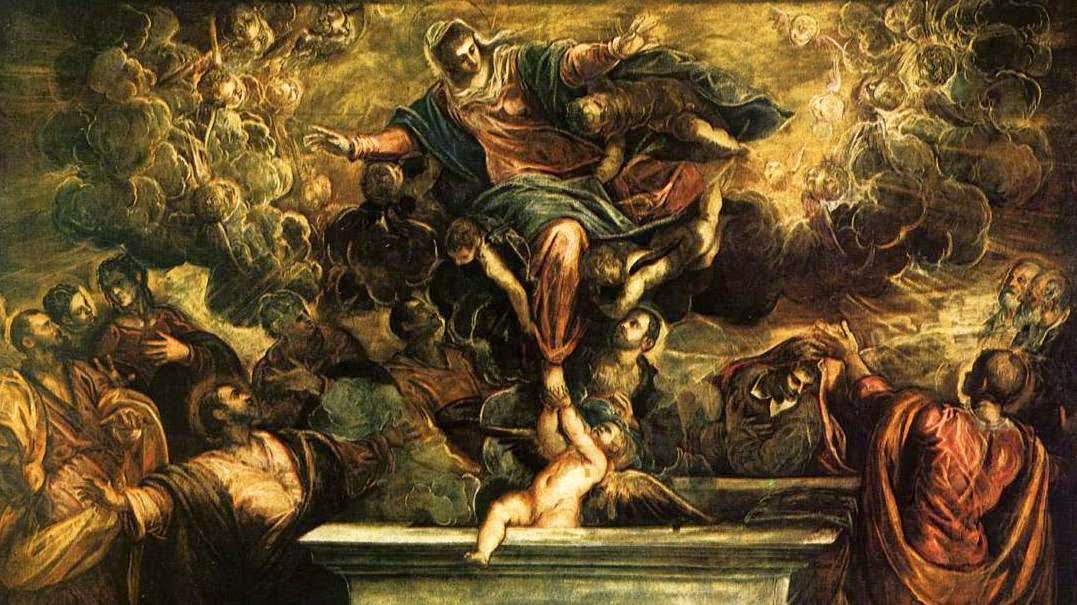The total unity of Word of God and human nature is perfectly
accomplished only in Jesus himself, which is why Jeremiah and Peter must cringe
with fear as they feel invaded by the fire of the Word. They are all too conscious of their innate
weakness.
How magnificent that his suffering made Jeremiah find
something in himself deeper than his fear; yes, he found the energy of God’s
omnipotent Word abiding in him! When he
tries to repress that Word, he says that “it becomes like fire burning in my
heart, imprisoned in my bones; I grow weary holding it in, I cannot endure
it.” He suffers the labor-pangs of the
Word’s birth through him. In the end,
his yielding to possession by the Word reveals the prophet’s own deepest
identity as mouthpiece of God. This is a God-assigned identity. In the end,
after allowing themselves to be re-created from within by the fire of the
indwelling Word, both the prophet and the apostle fulfill Paul’s pressing
admonition: “I urge you to offer your bodies as a living sacrifice, holy and
pleasing to God, your spiritual worship.
Do not conform yourselves to this age but be transformed by the renewal
of your mind, that you may discern what is the will of God.”
It was precisely this eternal Will of God—the divine Plan of
redemption—that Jesus was revealing to his disciples when he proclaimed that
“he must go to Jerusalem and suffer greatly … and be killed and on the third
day be raised.” Only such a suffering
Savior can offer nourishing hope, for example, to those enduring unspeakable
horrors at this very moment in the Middle East, since Jesus is not alien to
their victimization. But, in order to
assent to Jesus’ teaching, we must believe that all along we are being
“transformed by the renewal of our mind” by the work of Grace. Only in strictest union with Jesus, and
following the pattern of the Father’s Design, can we at last joyfully and
freely embrace the Christian vocation to be self-sacrificing love. I believe it was just this Jesus meant when
he said “whoever loses his life for my sake will find it.” Jesus’ Heart burns with the one desire to
lose his life, to give his life away, so as to manifest his Father’s
transforming love and communicate God’s very life to all.
The supreme joy of the Father’s Heart is to look at Jesus
and see us, to look at us and see Jesus.
What could bring the Father more delight than Jesus alone? Jesus multiplied in his brethren! He humiliated himself in a death that poured
out the substance of his being eucharistically over the whole of creation. As a result he is “raised on the third day”
by the Father’s enfolding glory. When
Jesus invites us to take up our cross and follow him, what else could he intend
but our indissoluble and fruitful intimacy with himself in his work of
redemption? What a calling we have,
brothers and sisters! “To [us] has been
granted the grace not only of believing in Christ but also of suffering for his
sake” Phil 1:29.









.JPG)








.JPG)
.JPG)